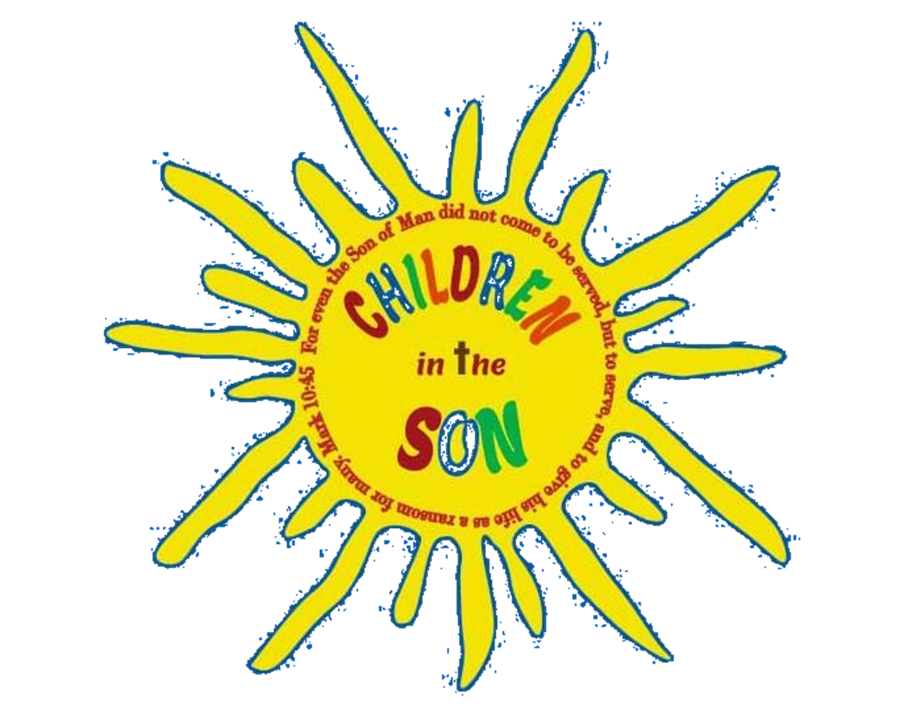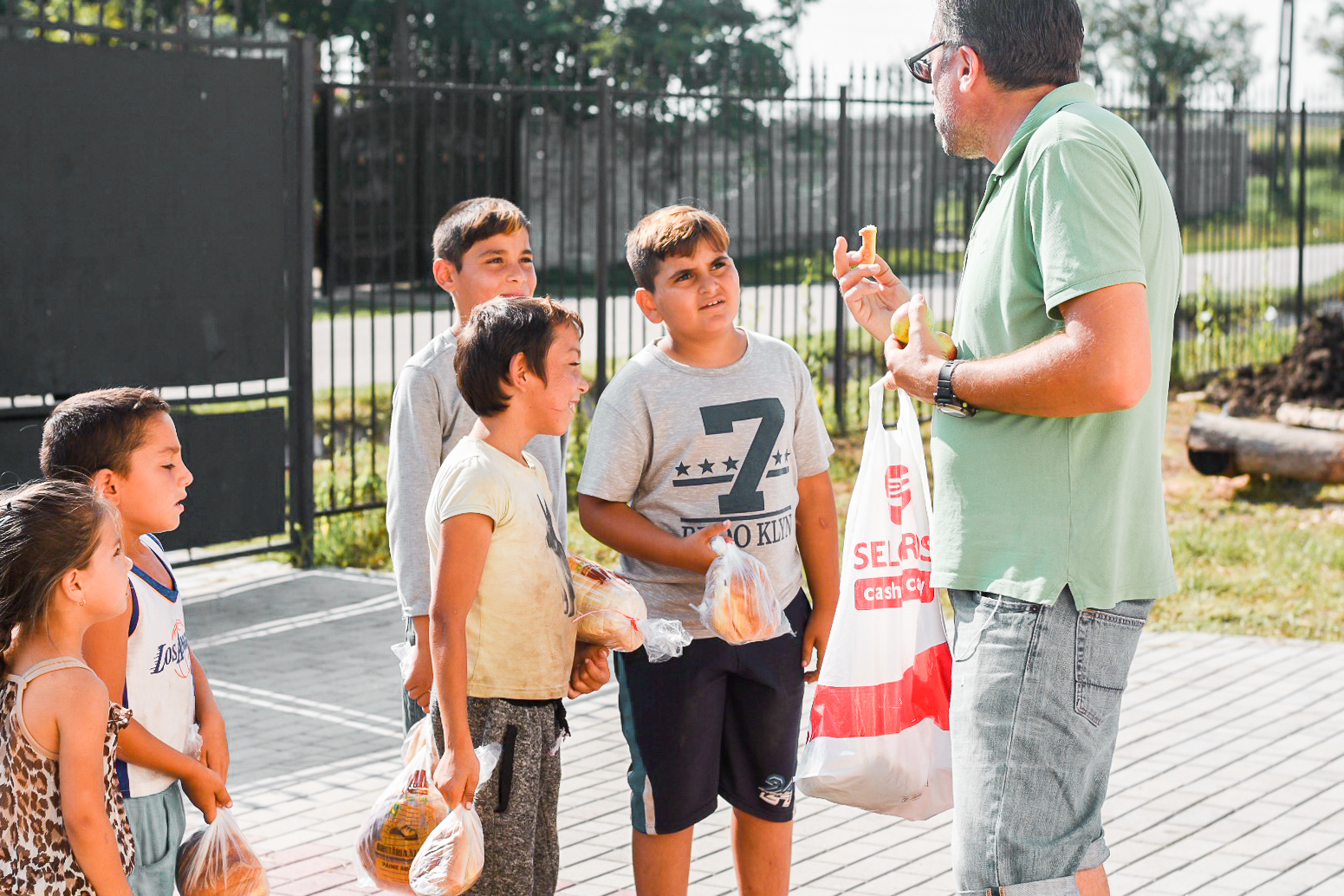Imagine…
On your first day of school, your teacher yells loudly at you and you don’t really understand anything but you know she is upset with you even though you aren’t certain why. The teacher points to your makeshift shoes and then holds her nose and communicates clearly what the problem is. Your face turns red and you are embarrassed not to have clean clothes and shoes like everyone else. Your older sister comes to get you after class and the teacher tells her you are not to come back until you smell and look better and can understand her commands.
So, like all of the other children in your settlement, you stay home and become another illiterate statistic. If you happen to be female, at twelve years old, your parents are possibly going to arrange your marriage and, without knowing how to read or write, you will likely give birth to three children by the time you are eighteen years of age. If you are not able to feed and care for these children, you will easily accept that leaving them in the local hospital is a better outcome for them than being in your care. You reason that, at least there, they will have food, clothing and diapers.
Sound like fiction? It isn’t. It is reality for an astounding number of Roma children. And it is completely preventable.
UNABLE TO ELECTRONICALLY DONATE?
MAIL A DONATION!
PO BOX 99063, RALEIGH, NC 27624
Our Mission
Globally evangelize children by demonstrating the love of Jesus and to carry out the great commission by teaching biblical principles in all programs we support
About
Find out about our organization,
mission, and our projects.
“There are two ways to live your life.
One as though nothing is a miracle.
One as if everything is a miracle.”
Take Action
Interested in helping out our cause?





